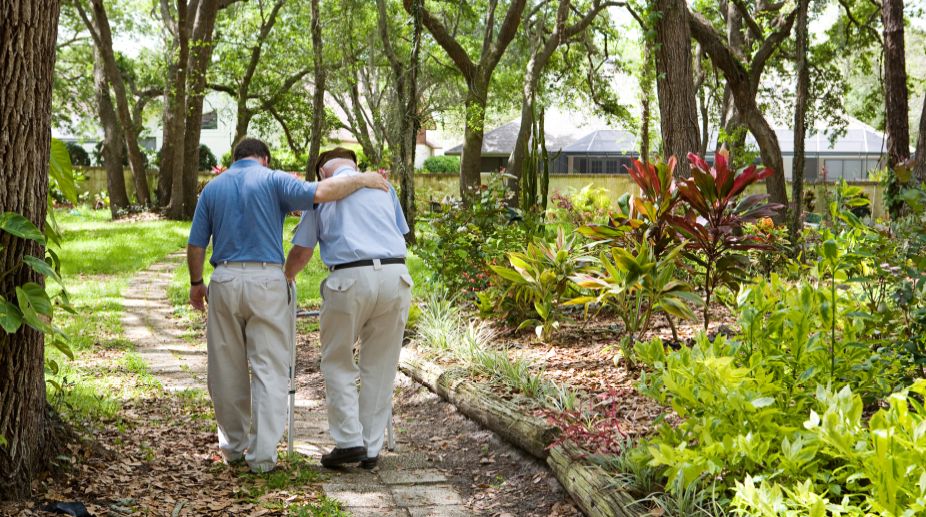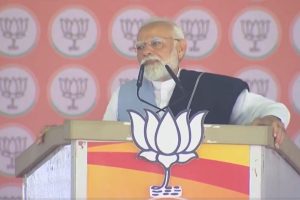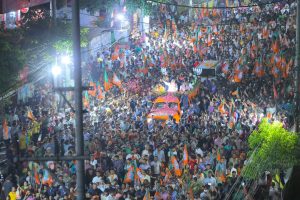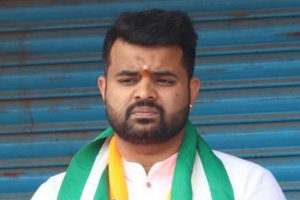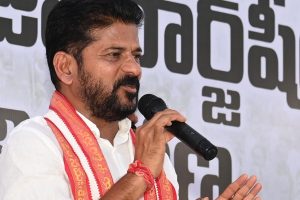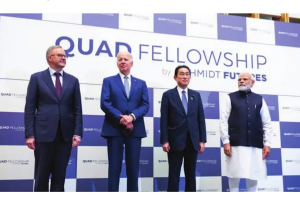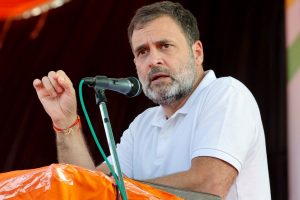I was close to dad, but I never felt closer to him than when we were on vacation and went together for a walk every morning. Our vacation was always with his sister who taught school and lived in a pastoral little town in central India.
There was nothing to see there and nothing to do for recreation except go for a walk. That is what we did each day at dawn, long before the bicycles, bullock carts and inter-city buses unfurled a canopy of dust over the town.
Before sunrise dad would bend down next to my bed and gently touch my hand to make sure I was awake and eager to go. He wouldn’t say a word to disturb others sleeping nearby and wait for me to get ready.
Once outside the house, he would still wordlessly look at me and I would silently point to one of the only two roads that could take us out of town. He would let me choose, and sometimes even confirm the choice by saying, “Well done! This side of town seems quieter today.”
I wondered about the comment then, and I realize now he said it more as an encouragement to me than as a factual observation. We would soon go past the few early vegetable vendors and the hawking newspaper man on his decrepit bicycle and, just after the tiny farmers’ cooperative, be out of city limits.
Here the air was fresher, and dad and I would pick up speed. We walked briskly in the cool morning air, alongside the few evergreens that dotted the roadside, and watched the emerging orange line on the distant horizon.
A few huts on the sloping hills, the occasional little stream, an emaciated cow or two next to the huts. “Look,” dad would softly whisper, and draw my attention with a forefinger to a Blue Flycatcher on a twig or a modest garden with flaming bastard teak, then touch my shoulder to indicate that we should move on.
We walked three miles to the river, sauntered a little on the scraggly shoreline and then turned round. Another long stretch of silent walk, punctuated by the briefest of remarks, till we again came within city limits. A bustling town was slowly coming awake. I knew what was on dad’s mind now, but waited for him to broach the subject.
Sure enough, he would suddenly turn to me, as if a new idea had suddenly struck him, and say, “Do you think we should stop for some tea?”
He loved tea, every kind of tea, and I knew he was by now longing for a sip of strong morning tea. I would nod my agreement and we would take a quick turn to visit the small street-side tea stall where a wizened old man made and served tea to passing day labourers. We would sit on a rough bench next to a rickety table, and soon two steaming cups of fragrant, over-sweetened Darjeeling tea would be placed before us.
I loved to see Dad’s face as he took his first sip with an expression of benign satisfaction. After the third sip, he would turn convivial and ask, “So what do you think of this town?” It was the opening gambit in a facile stream of conversation that curiously seemed, unlike any of our conversations at home, like an exchange of equals.
Dad is gone some thirty years. I live thousands of miles away at the opposite end of the world. I have no keepsakes, nothing to remind me of him, except a handful of old photographs. He died suddenly, from a surgery gone bad, and I never even got to see him before he was buried. But, in the picturesque Washington suburb I live, I walk every morning with an aging husky and watch the morning unfold around a tranquil lake. I walk in silence and remember the quiet loving man who made me feel his equal. That is my keepsake.
The writer is a Washington-based international development advisor and had worked with the World Bank.

